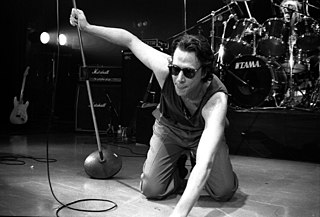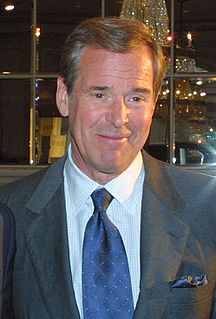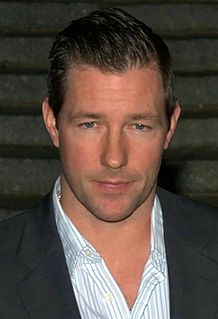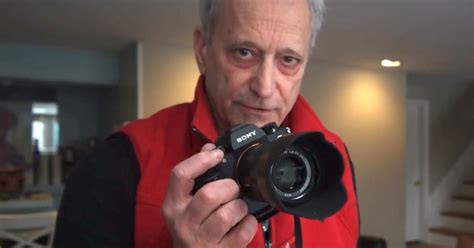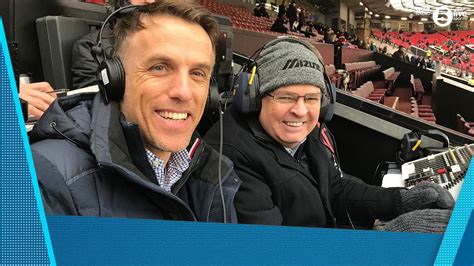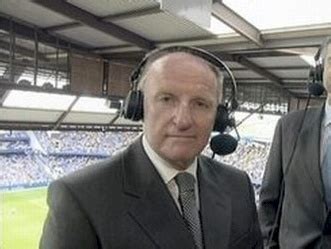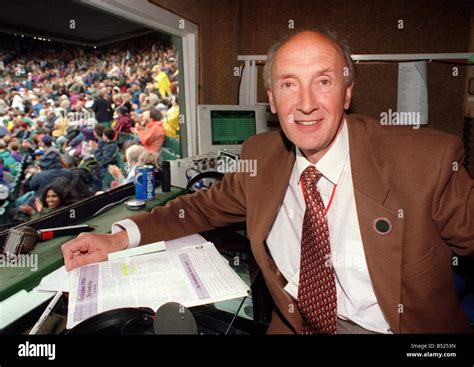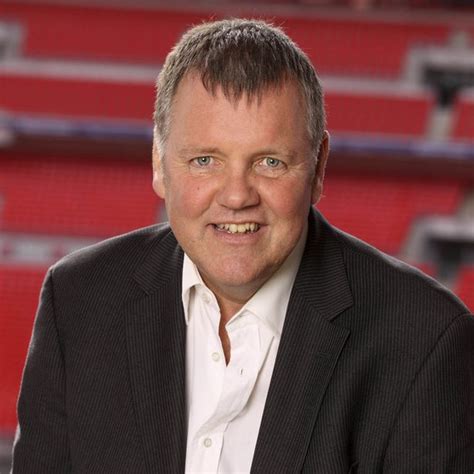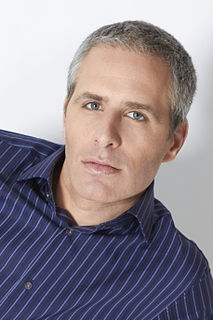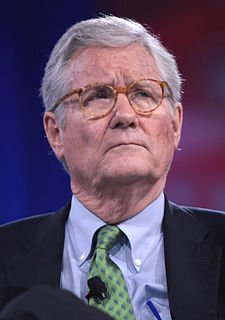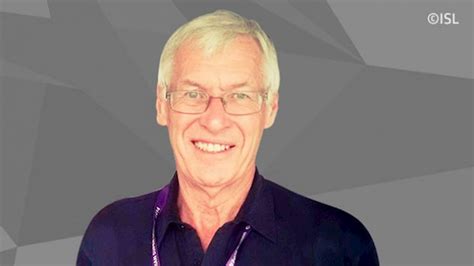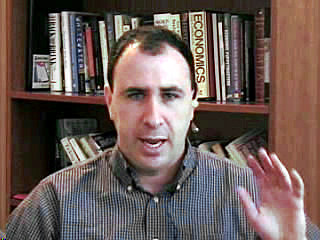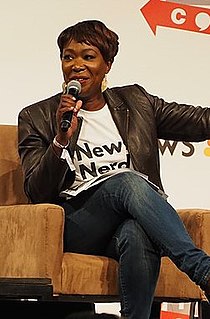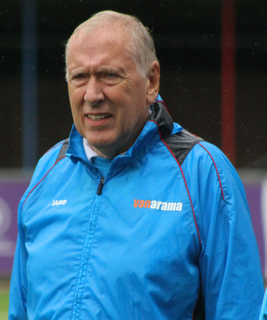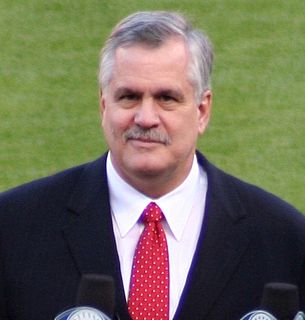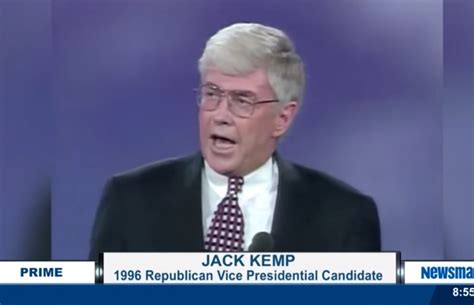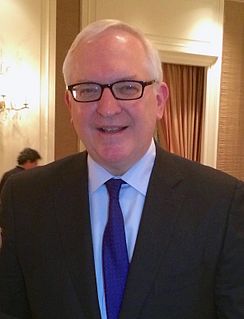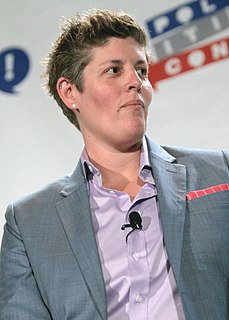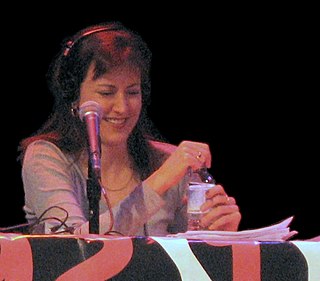A Quote by William Kristol
Maybe one thing that has happened is that the claims of non-partisanship of the mainstream media have been a little bit exploded. Mostly I'd say what, if anything has caused the change, are just the obvious technological changes - proliferation of easier access to getting your opinions out and the proliferation of media.
Related Quotes
It was inevitable that in the proliferation of media and media channels and the natural debasing of authority that comes when you make an expert of someone who knows a few things and can be on television and you put the word "expert" underneath them, that is to say me, then eventually the very concept of expertise itself would become meaningless.
I was on television a couple of years ago and the reporter asked me, "How does it feel being on mainstream media? It's not often poets get on mainstream media." I said, "Well I think you're the dominant media, the dominant culture, but you're not the mainstream media. The mainstream media is still the high culture of intellectuals: writers, readers, editors, librarians, professors, artists, art critics, poets, novelists, and people who think. They are the mainstream culture, even though you may be the dominant culture."
As a member of the mainstream media for many years, I've learned just one thing: never to trust anything I read in the mainstream media - not because of any agenda or deliberate dissimulation, but simply because it's filtered and comes very often from someone whose judgment I might not trust in other circumstances.
I think there is a mainstream media. CNN is mainstream media, and the main, ABC, CBS, NBC are mainstream media. And I think it's just essentially to make the point that we are largely in the center without particular axes to grind, without ideologies which are represented in our daily coverage, at least certainly not on purpose.
I have learned one thing, because I get treated very unfairly, that's what I call it, the fake media. And the fake media is not all of the media. You know some tried to say that the fake media was all the media, no. Sometimes they're fake, but the fake media is only some of the media. It bears no relationship to the truth.
Thinking about free speech brought me to media regulation, as Americans access so much of their political and cultural speech through mass media. That led me to work on the FCC's media ownership rules beginning in 2005 to fight media consolidation, working with those at Georgetown's IPR, Media Access Project, Free Press, and others.





